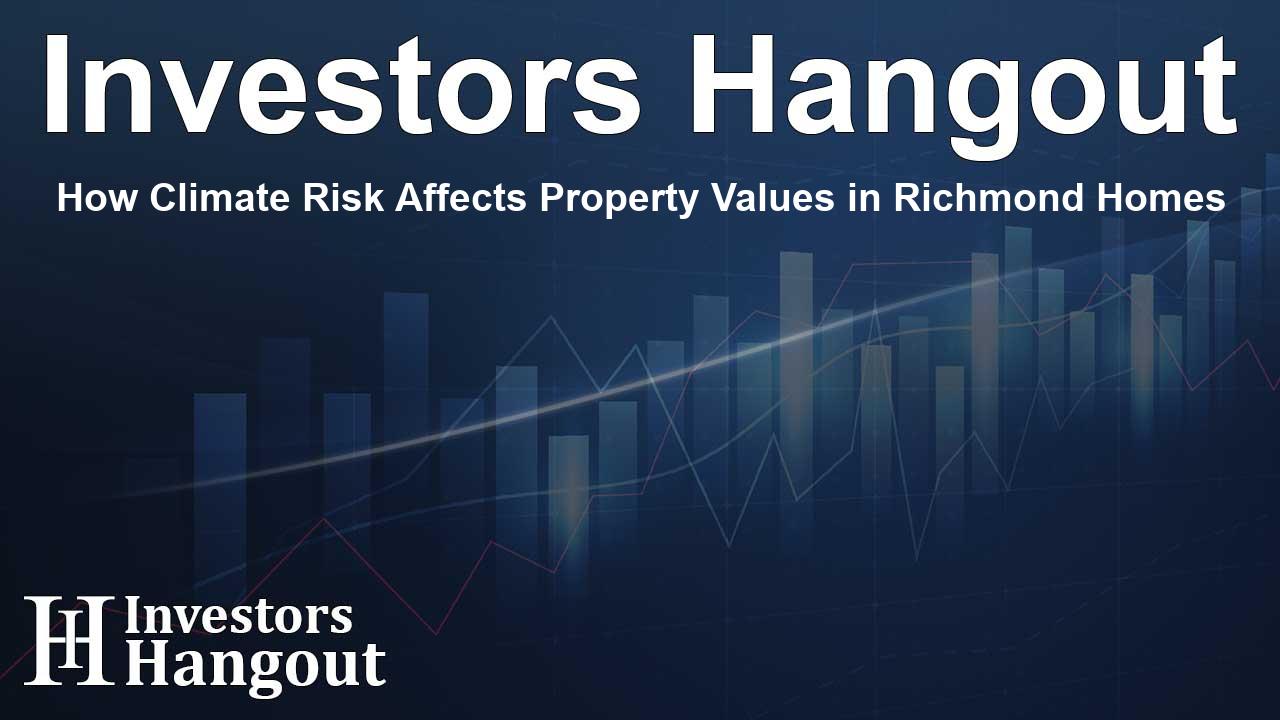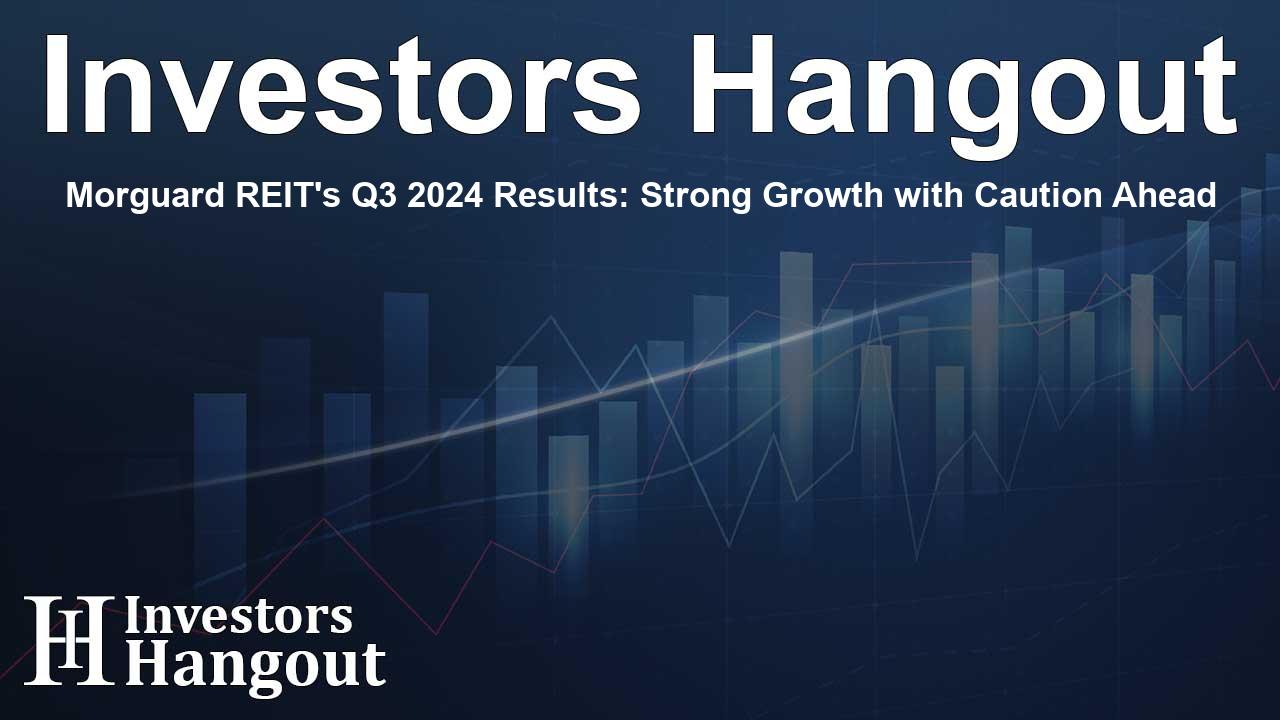How Climate Risk Affects Property Values in Richmond Homes

Zillow's Introduction of Climate Risk Scores
Zillow has taken a significant step by adding climate risk scores to its home listings, which is gaining attention for its implications on the real estate market. This new feature reflects an increasing concern about how environmental changes are influencing homeownership decisions, particularly in areas such as Richmond.
Comparative Developments in Real Estate Listings
This move follows a similar initiative by Realtor.com, which also acknowledged the need to evaluate homes based on weather-related risks. The shift indicates a growing recognition of how extreme weather events, often associated with climate change, can no longer be ignored by potential buyers.
Impact on Homebuyers' Decisions
A survey conducted by Zillow revealed that climate risk factors into the decisions of 80% of homebuyers. Additionally, a report from Realtor.com exposed alarming data: about 45% of U.S. homes are at moderate to extreme risk of being damaged by environmental hazards. This revelation indicates that both buyers and sellers need to be more aware of climate implications when navigating the real estate market.
Specific Climate Risks for Richmond Homes
For Richmond, climate risks are particularly related to rising temperatures and high winds. First Street, Zillow's partner in climate data, assigned a score of 7 or 8 out of 10 for extreme heat risk in many Richmond properties. This rating is based on forecasts predicting an increase in days with 'feels-like' temperatures soaring over 107 degrees Fahrenheit. In fact, recent reports indicate that Richmond experienced seven of those sweltering days just this year.
Future Predictions of Extreme Heat
Projections suggest a staggering 129% rise in such extreme heat days over the next 30 years, which could lead to various issues for homeowners. High temperatures can strain HVAC systems and result in wear on roofs, patios, and other outdoor structures. The long-term maintenance and durability of homes might also be adversely affected, making it essential for buyers to factor this into their purchasing decisions.
Vulnerability to High Winds
In addition to heat, Richmond homes face risks from high winds, with a score of 6 out of 10 for wind vulnerability. This susceptibility stems mainly from hurricanes and tropical storms that can unleash gusts of 51 miles per hour or more. The area might witness a sharp rise in severe windstorms over the next three decades, highlighting the need for homeowners to prepare for these increasingly intense weather events.
Flood Risks in Low-Lying Areas
Neighborhoods like Shockoe Bottom are particularly at risk of flooding due to their low elevation and proximity to the James River. This vulnerability increases during significant weather events, prompting concerns for residents. Although flood insurance is crucial, it remains alarmingly low in Virginia, with only around 3% of homes covered, despite recent damages from floods impacting thousands of homes.
Insurance and Budgeting Concerns
Zillow's climate risk feature extends beyond just hazard identification; it aids homeowners and potential buyers in navigating the rising costs of insurance. Research indicates that homeowners insurance has surged by 33% in high-risk areas from 2020 to 2023, compelling many to reconsider their financial planning when buying homes.
Adapting to a New Normal
As the real estate landscape evolves with these climate factors, understanding their impact becomes essential for both buyers and sellers. Zillow’s proactive approach in addressing climate risk can ultimately guide homeowners in making informed decisions about their investments. The attention to climate factors signifies a transformative shift in how properties are assessed and valued.
Frequently Asked Questions
What are Zillow's climate risk scores?
Zillow's climate risk scores assess homes based on environmental threats, aiding buyers in understanding potential risks associated with properties.
Why are climate risk factors becoming important in real estate?
Climate risk factors are essential in real estate as they help buyers assess the long-term sustainability and potential costs of home ownership.
How do extreme temperatures affect Richmond homes?
Extreme temperatures can overload HVAC systems, increase maintenance costs, and potentially damage roofs and structures of homes in Richmond.
What areas in Richmond are most vulnerable to flooding?
Low-lying neighborhoods such as Shockoe Bottom are particularly vulnerable to flooding due to their location and elevation relative to water bodies.
How has homeowners insurance changed in recent years?
Homeowners insurance costs have risen significantly in high-risk areas, forcing buyers to adjust their budgets and financial planning when purchasing homes.
About Investors Hangout
Investors Hangout is a leading online stock forum for financial discussion and learning, offering a wide range of free tools and resources. It draws in traders of all levels, who exchange market knowledge, investigate trading tactics, and keep an eye on industry developments in real time. Featuring financial articles, stock message boards, quotes, charts, company profiles, and live news updates. Through cooperative learning and a wealth of informational resources, it helps users from novices creating their first portfolios to experts honing their techniques. Join Investors Hangout today: https://investorshangout.com/
Disclaimer: The content of this article is solely for general informational purposes only; it does not represent legal, financial, or investment advice. Investors Hangout does not offer financial advice; the author is not a licensed financial advisor. Consult a qualified advisor before making any financial or investment decisions based on this article. The author's interpretation of publicly available data shapes the opinions presented here; as a result, they should not be taken as advice to purchase, sell, or hold any securities mentioned or any other investments. The author does not guarantee the accuracy, completeness, or timeliness of any material, providing it "as is." Information and market conditions may change; past performance is not indicative of future outcomes. If any of the material offered here is inaccurate, please contact us for corrections.









